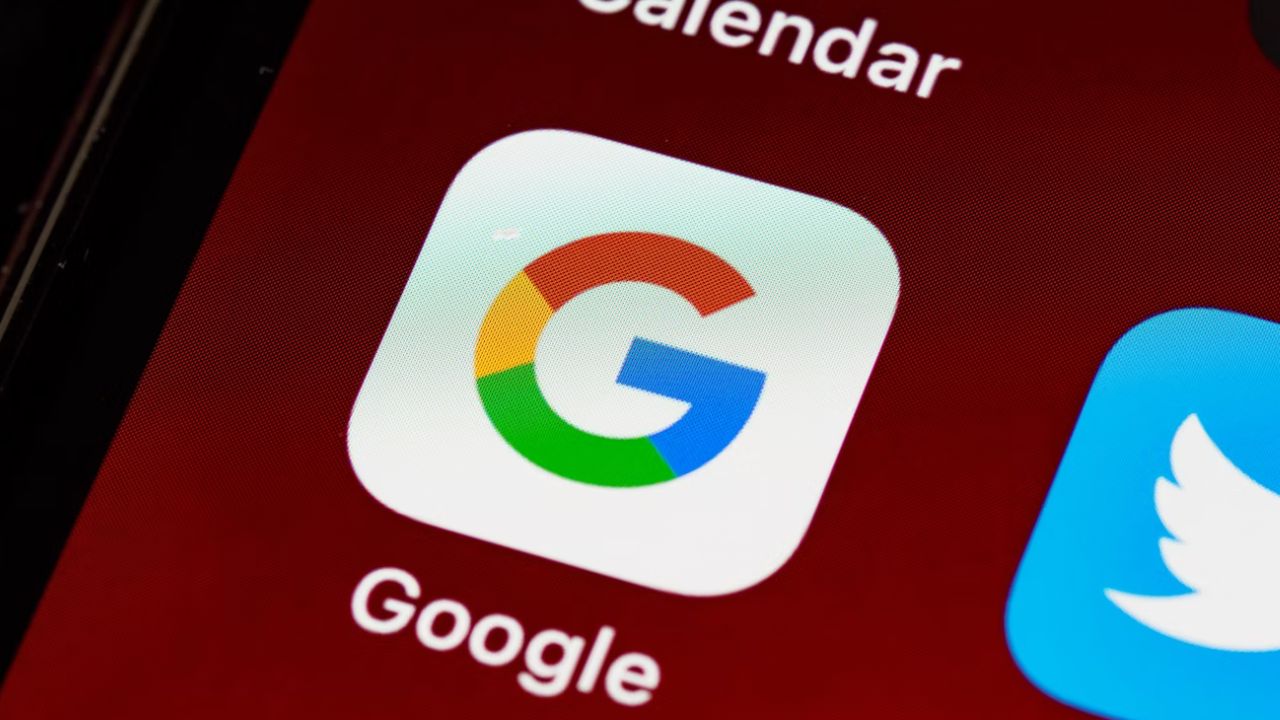By Vijay Anand
For over two decades, Google has dominated the online search market, establishing a $175 billion business that has become integral to the internet.
Controlling roughly 90% of the global search market, Google’s position now faces unprecedented challenges due to the rise of generative artificial intelligence (Gen AI) and chatbots, such as OpenAI’s SearchGPT prototype. This technological shift is putting immense pressure on Google to adapt or risk being overshadowed.
Microsoft’s $13 billion investment in OpenAI and Apple’s collaboration to integrate ChatGPT into Siri signal a significant challenge to Google’s supremacy. These moves compel Google to act decisively to maintain its position in the market.
Historically, Google’s success has been attributed to its user-friendly design and powerful algorithms, which made information retrieval faster and simpler than competitors like Yahoo. By efficiently indexing vast amounts of data, Google became the go-to search engine for users.
However, as the web has evolved and generative AI technologies have emerged, Google’s once-revolutionary search model is beginning to show signs of age.
AI-driven tools can generate direct answers to user queries, eliminating the need to sift through multiple links—a hallmark of traditional search engines.
This shift in user behaviour poses a significant threat to Google’s established model. What was once its greatest strength—simplicity—has become a liability as AI platforms reshape how people access information.
Emerging competitors, such as Perplexity, a startup valued at $1 billion and backed by Amazon founder Jeff Bezos, are gaining traction. These AI tools provide streamlined user experiences by offering direct answers instead of lists of links, potentially drawing users away from Google’s traditional search service. The presence of intrusive ads on Google’s search results further complicates the user experience, making alternatives more appealing.
This transition represents a fundamental threat to Google’s core business model, which heavily relies on advertising revenue.
In the second quarter of this year, Google Search alone generated $48.5 billion of Alphabet’s total $84.7 billion revenue.
Furthermore, licensing agreements between OpenAI and major publishers like the Financial Times and Associated Press could restrict content availability on Google, further undermining its dominance.
The relationship between Google and content creators has often been strained, with many publishers expressing frustration over how their content is utilized. Users may seek information elsewhere if AI platforms secure exclusive deals, diminishing Google’s value proposition.
Despite these challenges, Google has approached the rise of Gen AI cautiously. While the company has begun incorporating AI features, such as AI Overview summaries, at the top of search results, critics argue that its focus on protecting its search and advertising monopoly has led to a conservative strategy regarding AI development.
Google’s search business remains a lucrative asset, and the company appears hesitant to make moves that could threaten its existing revenue streams.
A pressing question is whether Google should follow OpenAI’s lead by securing more licensing deals with publishers. However, such actions could entail significant costs. In 2020, Google pledged to pay news providers $1 billion over three years, and potential expenses related to copyright infringements could further strain its financials.
On the hardware front, Google has an advantage with its recently released Pixel 9 smartphones, which feature Gemini, Google’s personal AI assistant. This integration showcases how Google can embed AI across its devices, potentially setting industry standards for Android manufacturers like Samsung and Xiaomi.
In contrast, Apple has developed its own AI model, Apple Intelligence, which is designed primarily for user privacy and operating on devices rather than through cloud-based systems.
For Google to harness its AI capabilities fully, it must address deeper organisational issues. While a strength, the company’s culture of autonomy may hinder cohesive strategy execution. CEO Sundar Pichai will need to unify diverse teams—those managing search, computing platforms, and AI—under a singular vision.
Google’s ability to innovate will be crucial, especially as voice search evolves. Users are increasingly seeking quicker, more intuitive ways to access information, and voice search facilitates this by allowing natural language queries. As smart speakers and AI-powered smartphones proliferate, Google must ensure its technology leads these changes.
